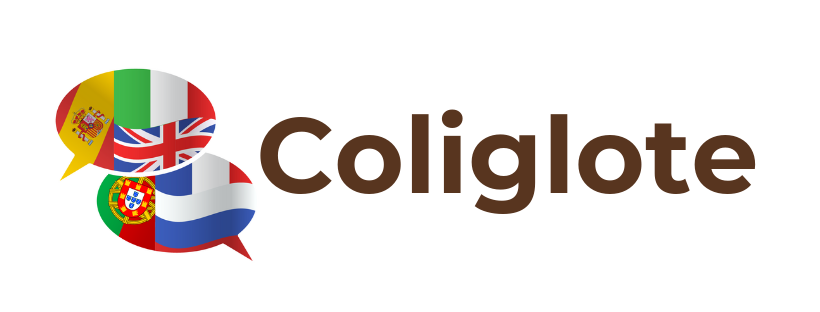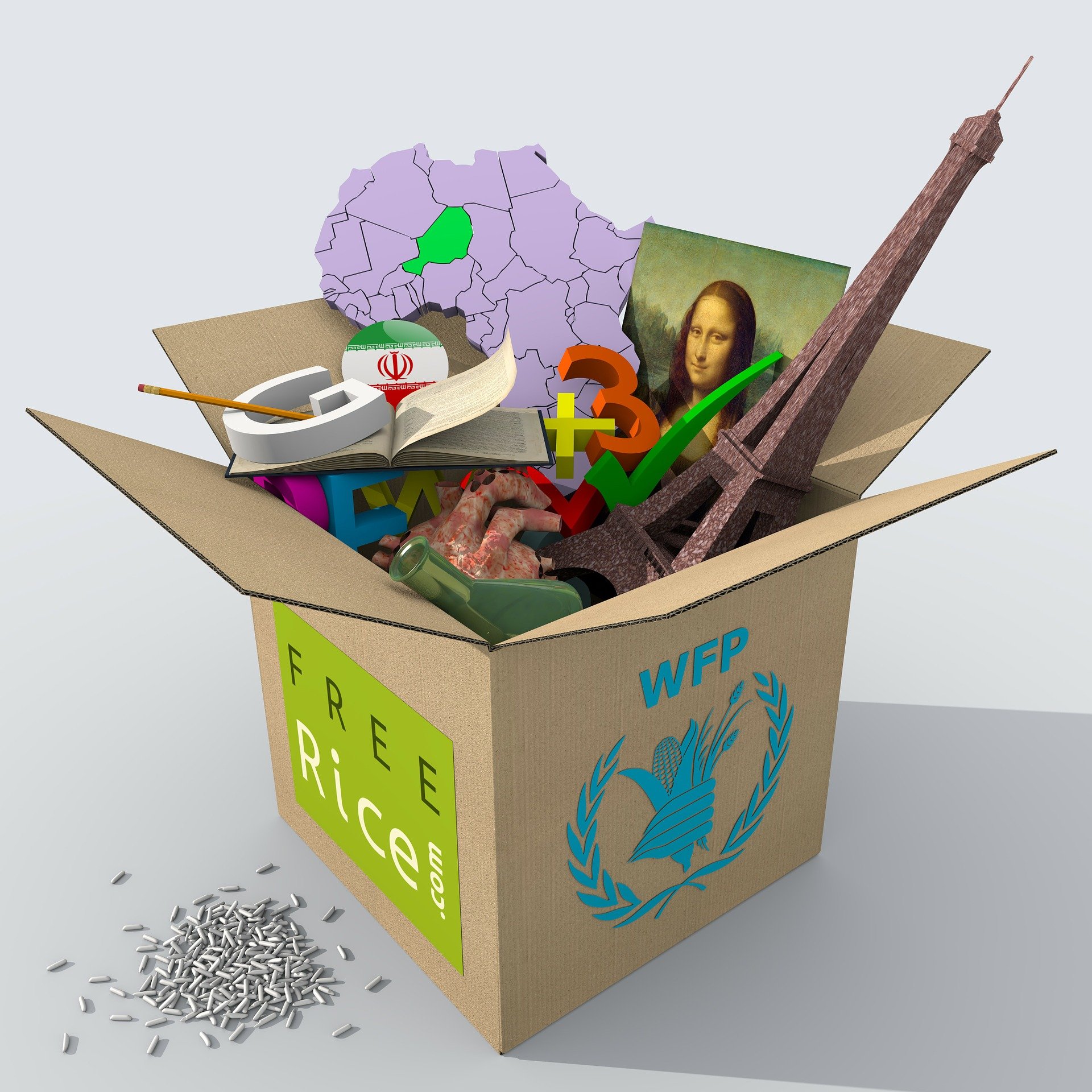More specifically, “why do bilingual children sometimes mix their languages? “
Translation of the interview with Anne Christophe, chercheur au CNRS, Ecole Normale Supérieure.
So it’s true that when we observe a bilingual child, we see that he tends to mix his two languages, that is to say that he will take a word in one language and put it in a sentence in his second language. And this tendency that children have is quite natural. If you look at bilingual adults, you can see that they, too, do not hesitate to mix their languages.
So why do we do this when we are adults and have two languages? For several reasons. It may simply be that the word of the second language is more frequent than the word of the first language. Or it may be that it’s better, that it’s the first word that came to mind.
With children, we see this even more frequently, for a very good reason, it’s very difficult for children to speak. They have to think about what they want to say, get the words out of their voice dictionary, light up those words in a grammatical sentence and then pronounce all those words one after the other. And this is very difficult to do for a young child, whether monolingual or bilingual. And so the bilingual child, at the moment when he is retrieving the words in his vocal dictionary, if the first word that comes up is a word of the language that he is not speaking at that moment, then it is just the easy solution for him to insert that word, at that moment, in his speech.
And if you look a little bit at the way children address different interlocutors, you can see that they are sensitive to this. When they speak to a bilingual interlocutor, they tend to easily mix the two languages because it’s not a problem. If they speak to a monolingual interlocutor, for example their grandmother or grandfather, then they will make the effort to stay in the language that this person understands.
You can see that this is just an easy solution for them.
Then, the question we can ask ourselves is “does the fact that children mix their languages translate something deeper, the fact that they are confused, that they confuse the two languages? ». And the answer is no. We know very well that very young children are capable of distinguishing their two languages. So, if we take newborn children, French-speaking children for example, they can distinguish between French and English, just on the basis of the melody of the languages. And even when you have two languages that are very close together, such as Spanish and Catalan, you can see that 4-month-old children are already able to distinguish between these two languages. So, at no time in their development are children confused between their two languages.
And so, finally, what we can conclude is that even if the children seem to mix their languages, it is not a problem at all, it is not worrying for the parents.
Tanks to Anne Christophe, chercheur au CNRS, Ecole Normale Supérieure

